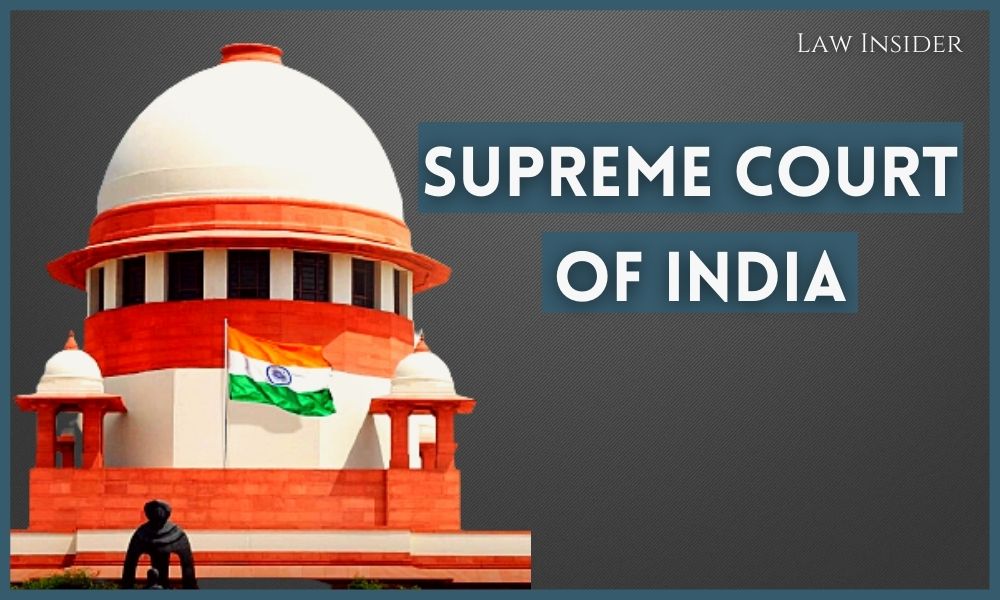Mitali Palnitkar
Published On: February 03, 2022 at 15:56 IST
On February 2, 2022, the Supreme Court held that the instrumentalities of State shall not change the stand taken by them, all of a sudden, when it is arbitrary, irrational, unreasonable and against public interest.
The Bench comprised of Justices L Nageswara Rao and BR Gavai. The Appellants were represented by Senior Advocate M Vaidyanathan and the Respondent was represented by Senior Advocates Abhishek Manu Singhvi and MG Ramachandran.
The Bench rejected an Appeal filed by Power Distribution Companies which assailed the Order of the Appellate Tribunal for Electricity (APTEL), New Delhi, which had directed the Andhra Pradesh Electricity Regulatory Commission to dispose two Applications filed before it. The Court had imposed a cost of Rs 5 lakhs on the Appellants as it was displeased by their conduct.
The Appellants had contended that it was wrong on the part of APTEL to hold that the Appellants could not have withdrawn the Application filed by them for grant of approval of PPA (Power Purchase Agreement) as there was no provision in law to prohibit it.
Also, the APTEL granted the Respondent a decree of specific performance of Contract which was void ab initio. They also contended that they shall not be compelled to purchase power at a higher rate than the initially estimated rate.
The Respondent on behalf of Hinduja National Power Corporation Limited (HNPCL) contended that the Appellants were not entitled to withdraw the Application to the effect of frustrating the Contract. The Andhra Pradesh State Government had always insisted HNPCL to supply 100% power to it.
They also pointed out that the Appellants were purchasing power at a higher rate when compared to the determined rate in the Interim Order passed by APTEL.
The Court opined that the conduct of Appellants disentitled them from withdrawing the Application. The cost had increased and hence the tariff would also increase, which the State Commission shall determine only after consulting statutory provisions. The acts of the Appellants were to be tested upon non-arbitrariness, reasonableness and rationality.
The Court referred to the doctrines of ‘legitimate expectation’ and ‘public interest’ in the Cases: Kumari Shrilekha Vidyarthi And Ors v State of UP And Ors (1991), Food Corporation of India v M/s Kamdhenu Cattle Feed Industries (1993), and Indian Oil Corporation Limited And Ors v Shashi Prabha Shukla And Anr (2018).
The Court held that the Appellants were not entitled to change their decision when it is Adversarial to public interest and public good, and when it is arbitrary, irrational and unreasonable. The Court directed the Appellants to purchase power from HNPCL at the rate determined by APTEL.

